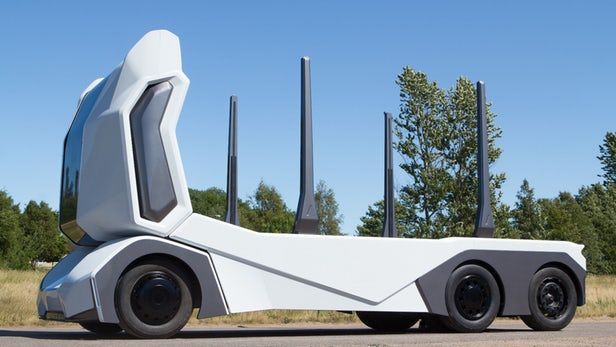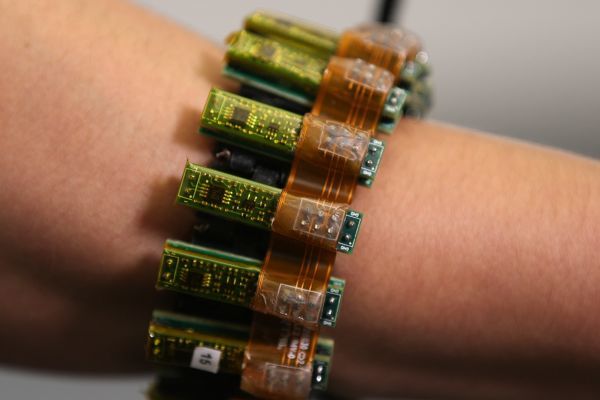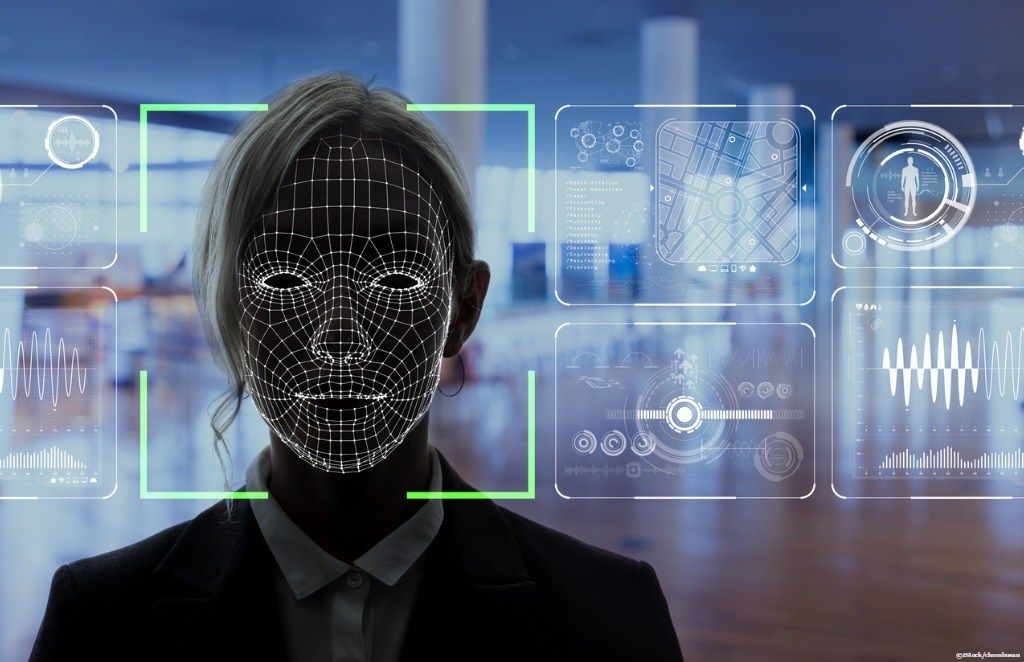The brain is about 10% neurons and 90% neural network support cells, called neuroglia, or glial cells, which surround and insulate neurons, protect them from damage, and supply them with nutrients and oxygen. Neuroglia are often found to malfunction in neurological disorders such as Alzheimer’s Disease or amyotrophic lateral sclerosis (ALS).
Research studies indicate that telomerase gene therapy may not only reverse Alzheimer’s Disease and other dementias, but it may even protect people from developing such diseases.
This is indeed hopeful news for the nearly 50 million victims of Alzheimer’s or related dementia worldwide as well as for the millions of aging people with Parkinson’s and aging-related mental decline.
Telomerase gene therapy appears to rejuvenate microglial (the immune cells of the brain) cells in Alzheimer’s Disease according to promising research study data.









